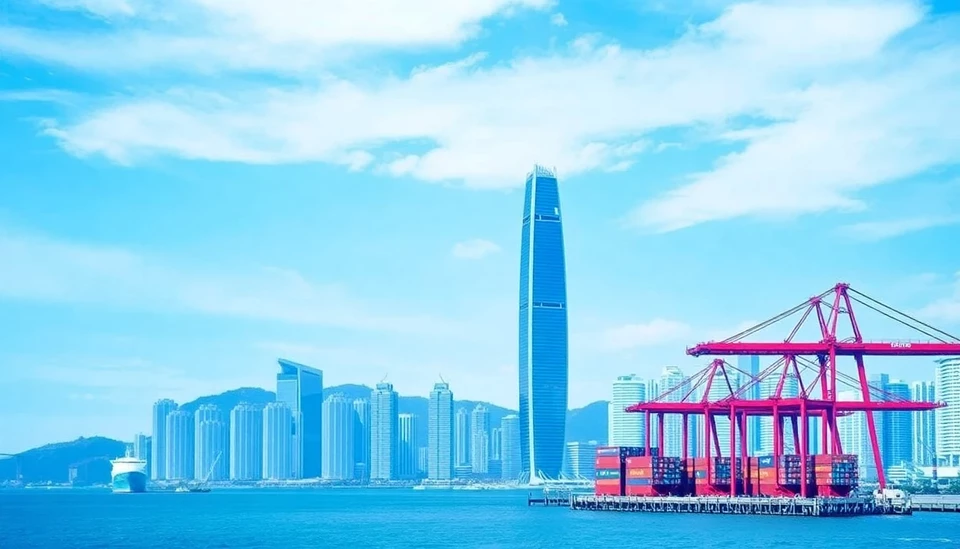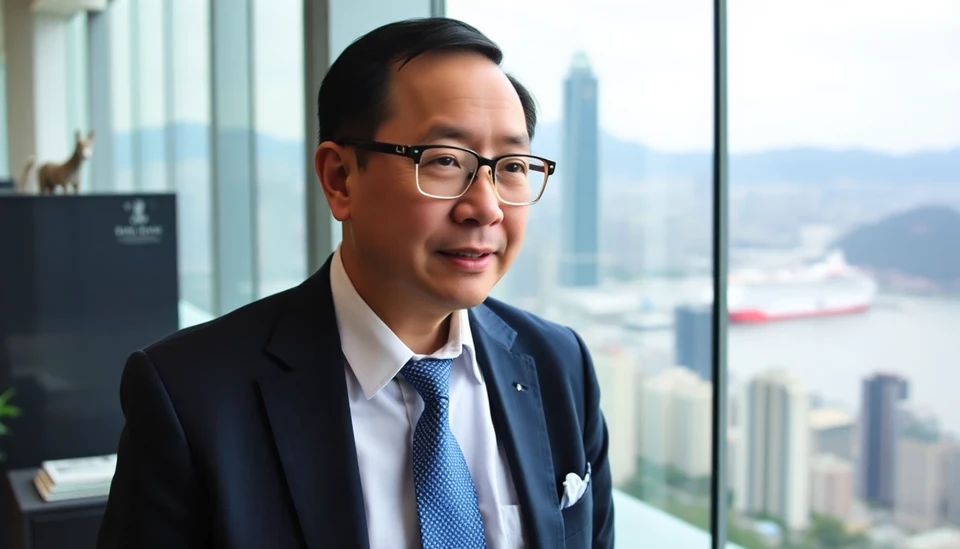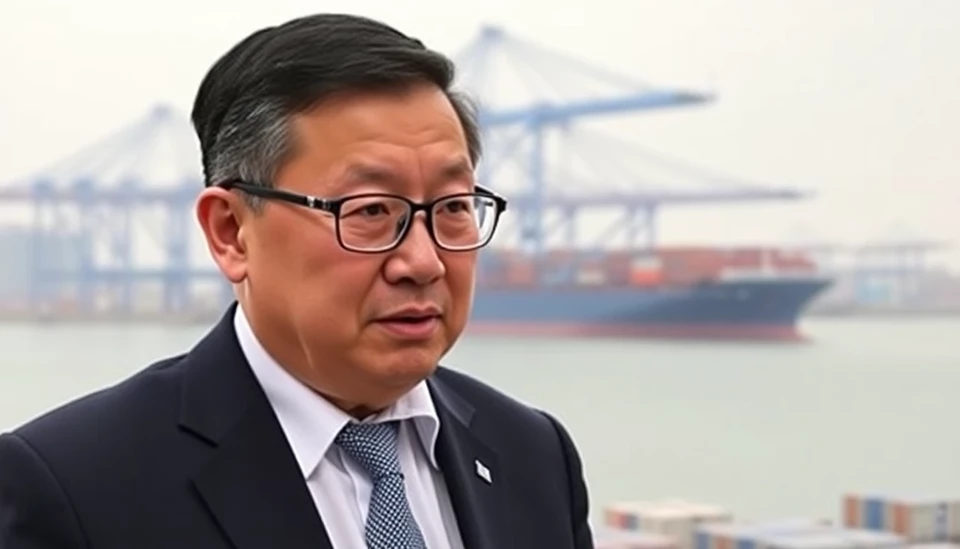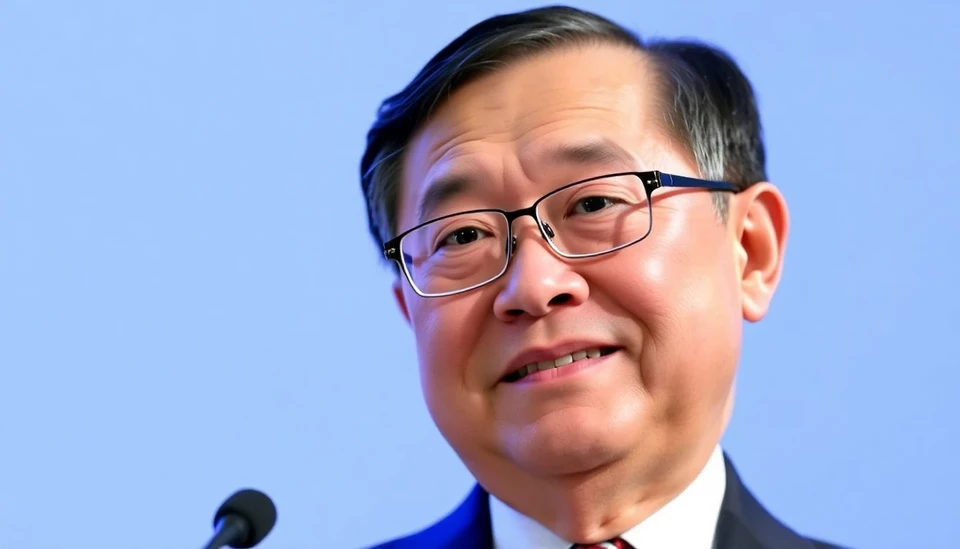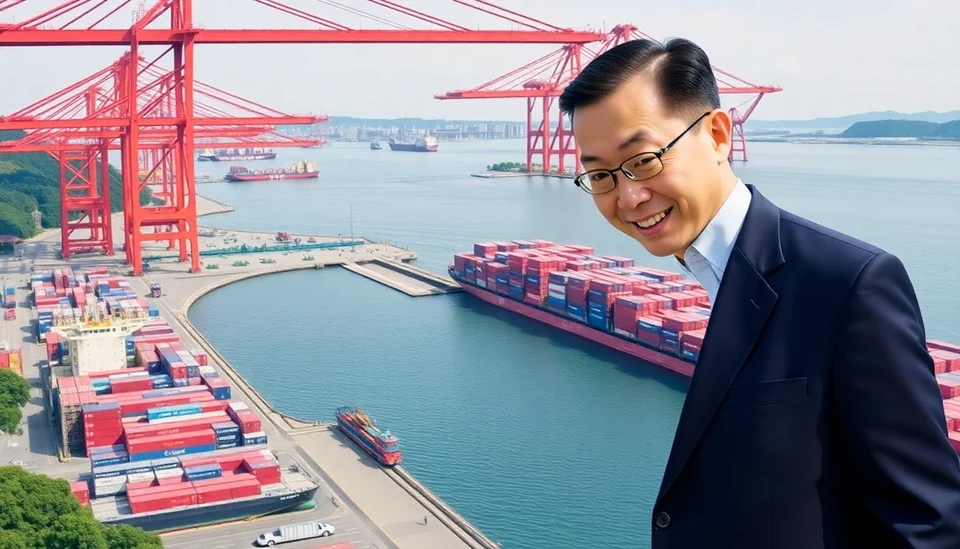
In a significant development, reports indicate that China has decided to pause new deals involving the Li Ka-Shing family, a prominent and influential business entity, shortly after their controversial deal involving ports in Panama. This pause marks a turbulent moment in the relationship between one of the most powerful families in Asia and the Chinese government, raising questions about future business prospects and diplomatic ties.
The Li Ka-Shing family, led by the Hong Kong business magnate Li Ka-Shing, has long been recognized for its extensive investments across various sectors globally, including real estate, telecommunications, and infrastructure. However, the recent deal in Panama, which involved acquiring key port facilities, has reportedly raised several eyebrows within Chinese bureaucratic circles.
Sources suggest that this deal was met with skepticism among Chinese officials, who expressed concerns about the strategic implications and economic sovereignty surrounding such foreign investments. The Li family’s strong ties with global markets have often positioned them at the forefront of international business, yet this latest development illustrates a potential shift in their standing within China's investment climate.
As China halts negotiations on new projects with the Li Ka-Shing family, it signals a broader trend of tightening regulations and increased scrutiny of foreign-led initiatives—especially those that could have significant implications for Chinese national interests. The impact of this decision could ripple through various sectors, potentially leading to a re-evaluation of existing contracts and relationships between Chinese and foreign business entities.
This situation underlines the delicate balance that many multinational corporations must navigate in China, where political relationships often play a critical role in determining the feasibility of business ventures. The Li family, despite their long history of success and expansion, now finds itself in a precarious position where historical momentum may not be sufficient to carry future projects.
Looking ahead, analysts predict that the Li Ka-Shing family may need to adopt a more cautious approach to its dealings in China, especially as the government emphasizes national interests and economic security over foreign investments. As the global landscape continues to evolve, the choices made by major players such as the Li family will be closely monitored, with potential implications for their global footprint and influence.
The situation remains fluid, and further developments are anticipated as discussions continue at the higher echelons of power in Beijing. Corporate leaders and investors alike will be watching closely to understand the implications of China's stance towards foreign investments and how it may shape future business strategies in one of the world's largest economies.
As this story unfolds, it is clear that the intersection of business, politics, and international relations will play a crucial role in determining the landscape for future investments and partnerships in China.
#LiKaShing #China #BusinessNews #Investment #PanamaPorts #ForeignRelations
Author: John Harris
